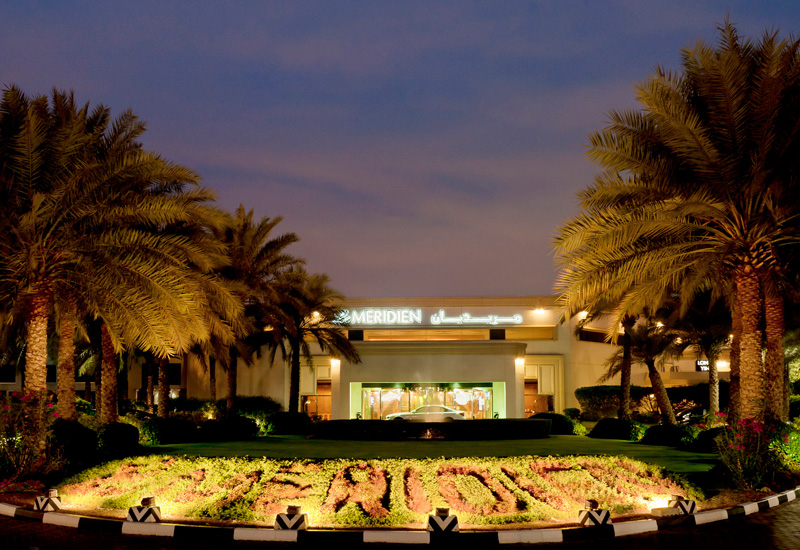Hotel buyers and suppliers participated in meetings, seminars and a panel discussion over two business days at Le Méridien Dubai at the end of April, with Hotelier Middle East present to find out the latest procurement challenges
HOTEC Middle East 2014 brought together hotel purchasing, operations and technical directors and interior and architectural designers from the Middle East region to meet with domestic and international hospitality suppliers.
Delegates participated in a series of one-on-one meetings, seminars and a panel discussion over two dedicated business days from April 25 – 28 at Le Méridien Dubai.

| Advertisement |
One of the key topics that was discussed among delegates was the need to build better relationships between suppliers and purchasing departments.
The buyers and suppliers in attendance agreed that this would make purchasing processes easier and more efficient as hundreds of hotels come on line in the Middle East in the next few years, particularly in the lead up to Dubai’s Expo 2020. In order to improve relationships, delegates highlighted increased transparency as the key to clamping down on the age-old problem of bribery.
Sales manager at Intercoil, Sony Peter commented: “It’s about being open and transparent and being professional. It’s not just about getting some suppliers on board at the time of a project and later on not even telling them on what basis a decision was made. Why do such allegations [of bribery] get made? It’s because there is no transparency.”
Peter went on to say that processes could be improved if purchasing departments made suppliers aware of the steps being followed and the criteria on which decisions are based.
He added: “We do that as a company; we tell our suppliers three companies will be shortlisted and these are the criteria we’re going to adopt, and we finalise this by sending a letter saying ‘this is the criteria which you are unable to meet so we chose someone else’ – so that part of it is very critical I think.”
On the flip side, Shaji Joseph, purchasing manager at Fairmont the Palm, Dubai, said that he thinks suppliers need to be more upfront when it comes to signing contracts, especially when it comes to warranties, which often fall short of the purchasing company’s expectations. “When we purchase an item, they say that a two- or three-year warranty is provided. Then we approach them and they come back and say ‘this particular part isn’t covered’.”
Additionally, Joseph highlighted that knowing who a supplier really is has become a problem in the Middle East, with companies reselling goods now coming on to the market.
Article continues on next page ...









 Search our database of more than 2,700 industry companies
Search our database of more than 2,700 industry companies









